+
+
The Senior Fellow at Woodstock Theological Center,
Georgetown University, Washington, DC,
Thomas J. Reese, S.J.
posted to-day the following message:
“The Latin Mass is Coming! The Latin Mass is Coming!”
Much fuss is being made over the rumor that the Tridentine Mass is allegedly going to be “restored.” If anything happens, and it probably will, the decision will have more to do with power and politics than Latin and liturgy.
The issue is not Latin in the liturgy. Any priest can say the current Catholic liturgy in Latin. Nor is the issue the Tridentine or pre-Vatican II mass. Any priest, with the permission of his bishop, can say the Tridentine Latin mass.
The real issue is the power of local bishop to decide whether the Tridentine mass will be said in his diocese. Right now, a local bishop has the power to approve or not approve the use of the Tridentine mass in his diocese. Under current practice, a priest or a group of people petition the bishop to allow them to use the Tridentine mass. He then investigates the situation and decides on pastoral grounds whether it is a good idea or not. Often he will require that the petitioners state that they accept the new liturgy and Vatican II as legitimate.
Some bishops, especially in France, have said no because they judge that the petitioners reject the reforms of Vatican II and are divisive in their dioceses. If the pope issues a Motu proprio allowing the use of the Tridentine mass without the local bishop’s permission, he is basically saying that he does not trust the pastoral judgment of the bishops. Those who have been fighting the bishops over the Tridentine mass will celebrate this as a victory over the bishops.
Some in the Vatican, including Benedict, hope that allowing free use of the Tridentine mass will make possible reunion with Society of St. Pius X, the schismatic group started by French Archbishop Marcel Lefebvre. The leaders of the group, however, have indicated that their rejection of Vatican II goes way beyond the vernacular liturgy.
Some in the Vatican hope that greater use of the Tridentine mass will undermine support for the Lefebvrite leaders and bring some of the society’s members back into union with the Catholic Church.
Rumors that the Tridentine Mass was going to be made more easily available date back to the papacy of John Paul II. So far the bishops have been able to fight it off, but the record shows that when it is an issue of papal power versus episcopal power, the Vatican usually wins. Other than embarrassing the bishops and pastors who have opposed wider use of the Tridentine mass, the Motu proprio will probably have little effect since public opinion polls show overwhelming support for the new liturgy among Catholics.
Copyright©Thomas J. Reese, 2007.
+
+
2.6.07
Subscribe to:
Post Comments (Atom)
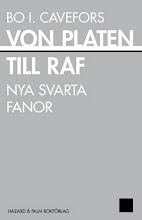
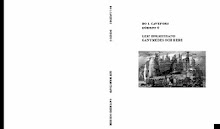



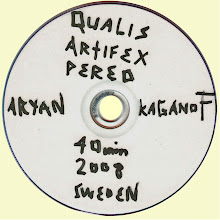



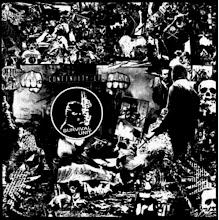
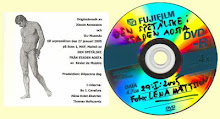




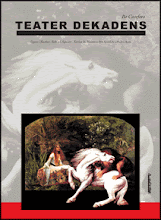
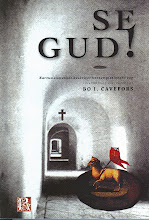
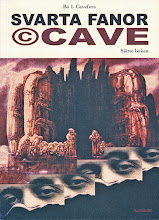

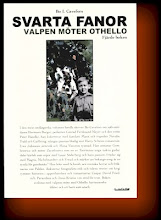
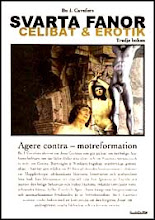


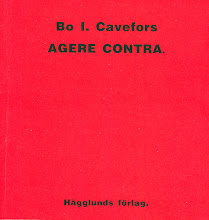
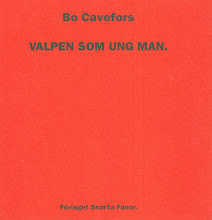
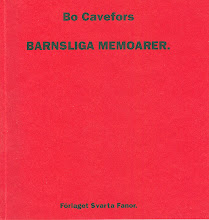
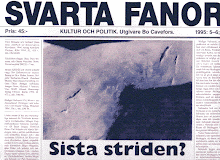

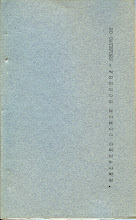




No comments:
Post a Comment